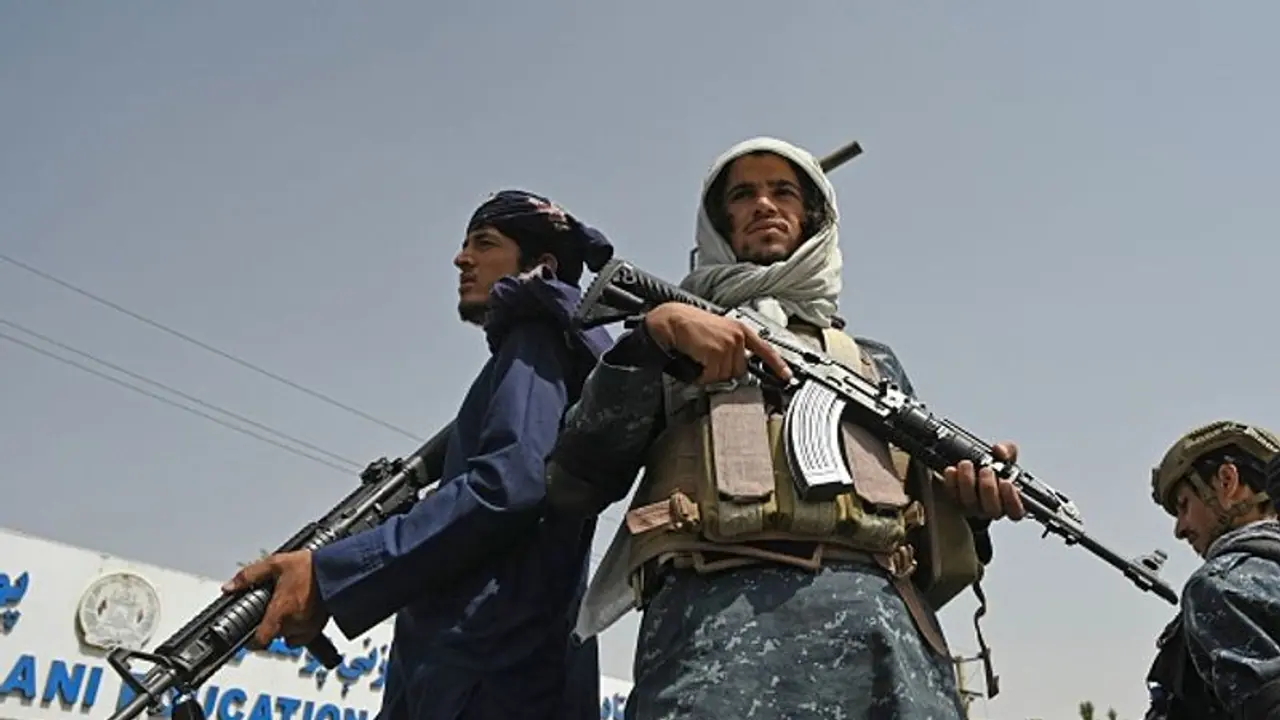The Taliban also called on women television journalists to wear hijabs while delivering their stories in the first such mandate given to Afghan media by the Ministry for the Promotion of Virtue and Prevention of Vice.
Afghanistan's Taliban authorities released a new "religious guideline", ordering the country's television stations to stop airing dramas and soap operas starring female actresses.
The Taliban also called on women television journalists to wear hijabs while delivering their stories in the first such mandate given to Afghan media by the Ministry for the Promotion of Virtue and Prevention of Vice. In addition, the Ministry requested that no films or programmes depicting the Prophet Mohammed or other revered figures be aired. It advocated for the prohibition of movies or television programmes that were antithetical to Islamic and Afghan principles.

The new rule was rapidly disseminated on social media networks late Sunday. While their assurances that they will rule more gently this time, the Taliban have already instituted restrictions on what women may wear to university and assaulted and harassed some Afghan journalists, despite vowing to protect press freedoms. The Taliban's TV network policy follows two decades of exponential expansion for independent Afghan media under Western-backed regimes that controlled the country until August 15, when the Islamists reclaimed power.
Soon after the Taliban were deposed in 2001, dozens of television channels and radio stations were established with Western support and private funding. Over the last two decades, Afghan television stations have broadcast various programmes, including an "American Idol"-style singing competition, music videos, and different Turkish and Indian soap operas.
Also Read | Taliban warns of mass Afghan refugee exodus if US keeps funds frozen
There was no Afghan media during the Islamists' prior administration from 1996 to 2001; they prohibited television, movies, and most other entertainment, believing them sinful. People who were caught watching television were punished, including having their television set shattered. The possession of a video player may result in a public scolding.
There was just one radio station, Voice of Sharia, that broadcasted Islamic programmes and propaganda.
Also Read | Taliban replaces Azizullah Fazli with Mirwais Ashraf as acting ACB chief
